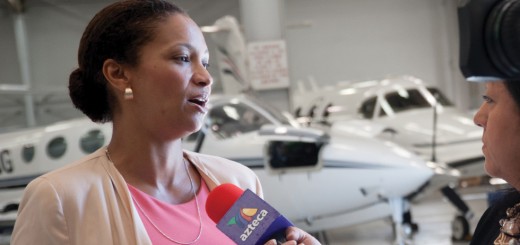Marc Slattery’s Research Under the Sea
Marc Slattery’s research has taken him to Antarctica, the Caribbean and across the Pacific, where he dives into depths up to 400 feet to examine coral reefs. Once underwater, there is no shortage of research questions to explore.
“Is disease a problem?” asks Slattery, ‘87 MS Marine Biology. “Is climate change a problem? What about overfishing and pollution? Everyone wants to know if the coral reefs are going to be around for the next generation. Are our kids going to have the same opportunities that we did?”
The professor of pharmacognosy and environmental toxicology at the University of Mississippi studies how the chemical makeup of marine invertebrates, algae and bacteria could be applied for drug discovery. Through collaborations with his chemistry, biology and pharmaceutical colleagues, he shares unique specimens that could potentially contribute to drug development.
“A lot of the organisms that I am interested in are attached to the ocean bottom,” he says. “Many have unusual chemistry to fight off predators, competitors and pathogens—their version of an immune system. Working now at the Research Institute of Pharmaceutical Sciences, I’m very interested in the chemistry that marine animals produce, and I recognize that there is a biotech outcome. How can we use that to our benefit?”
Though it can take 30 years to bring new drugs to market, Slattery says that the data they collect reveals valuable information about marine biology and chemistry. The University of Mississippi awarded him the 2018 Distinguished Research and Creative Achievement in recognition of his work. He loves involving undergraduate and graduate researchers in his lab.
“I really enjoy making a difference with young scientists,” he says. “As vast as the oceans are, they are incredibly susceptible to damage. I want to see the next generation saving the oceans because they have a huge impact on this planet and our future.”





